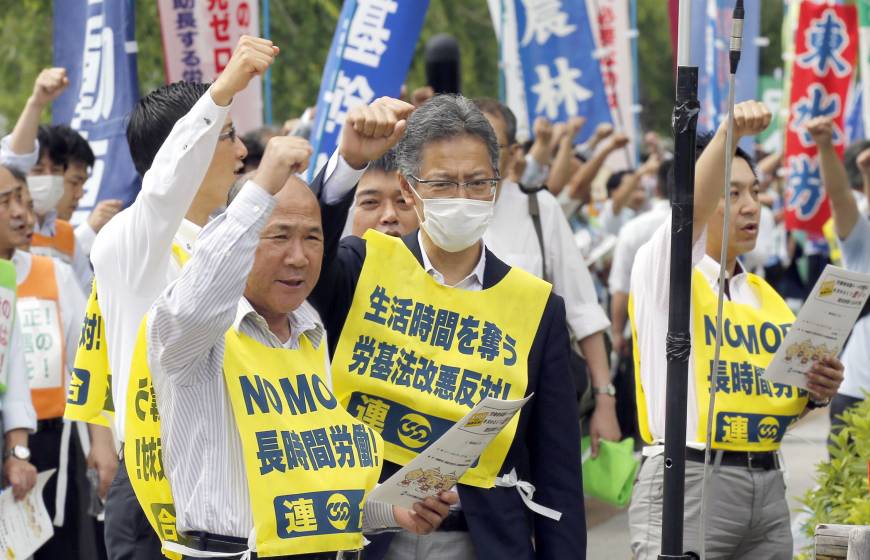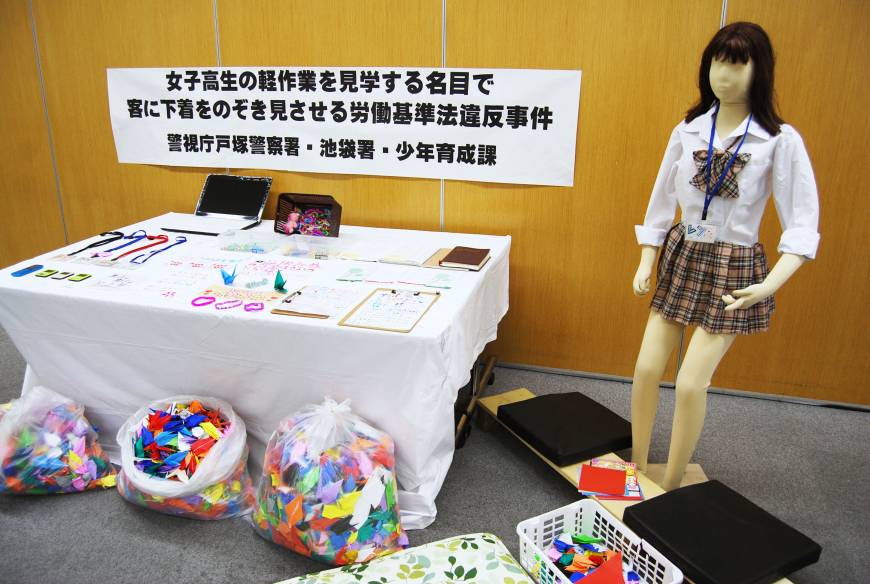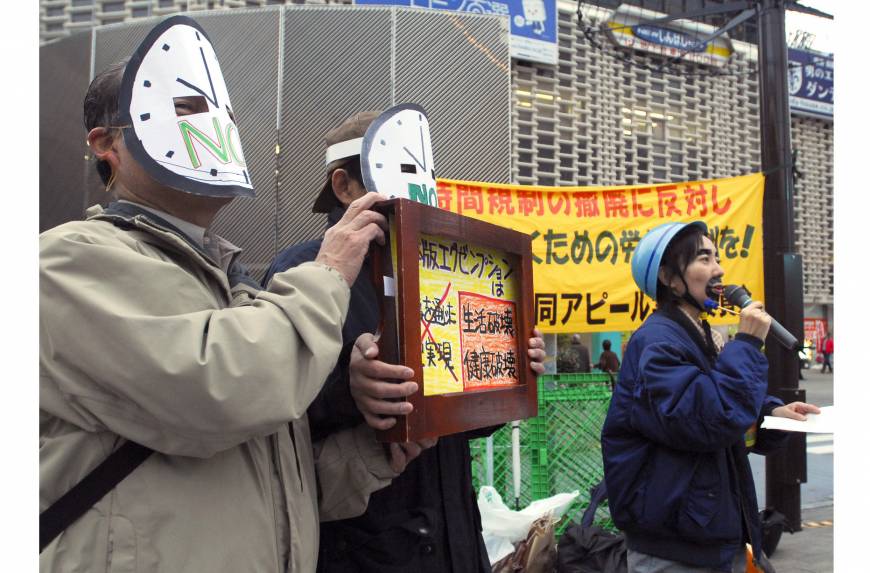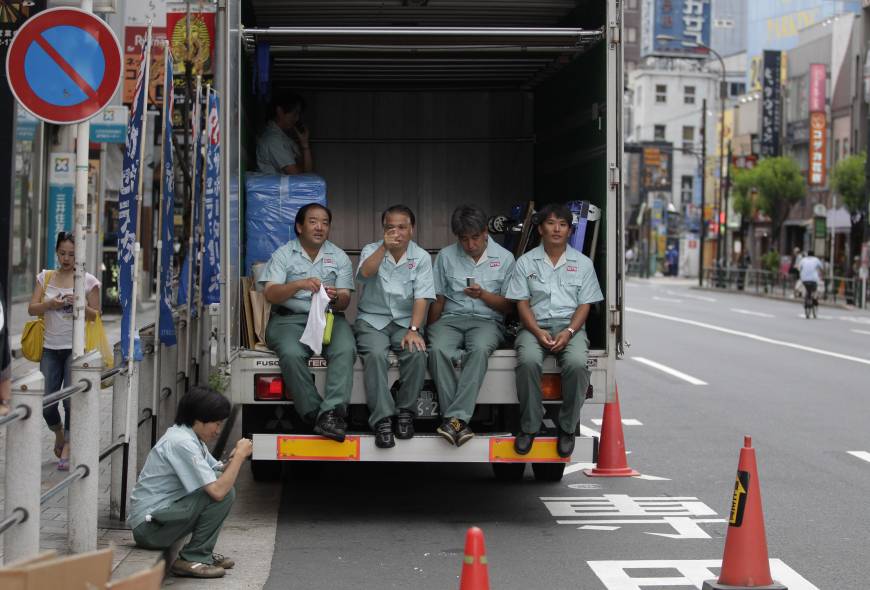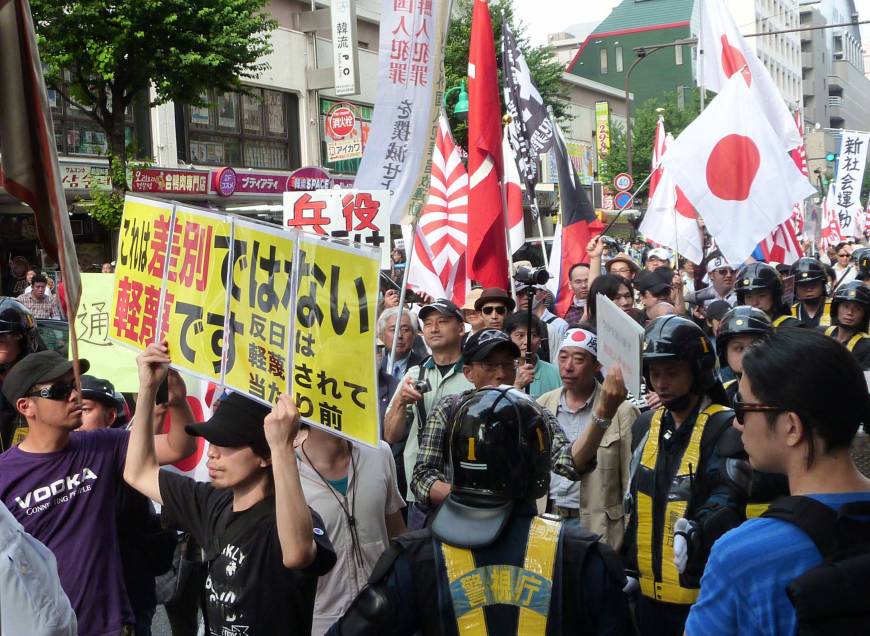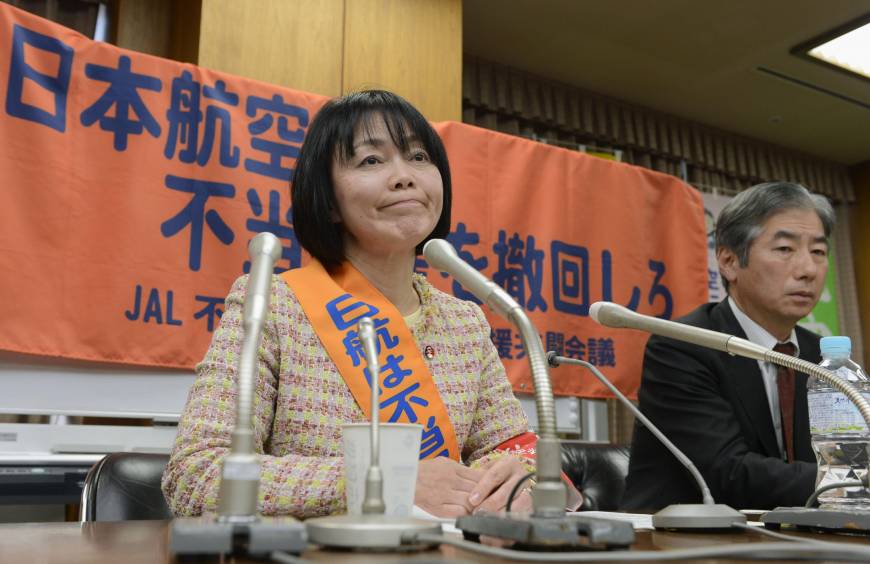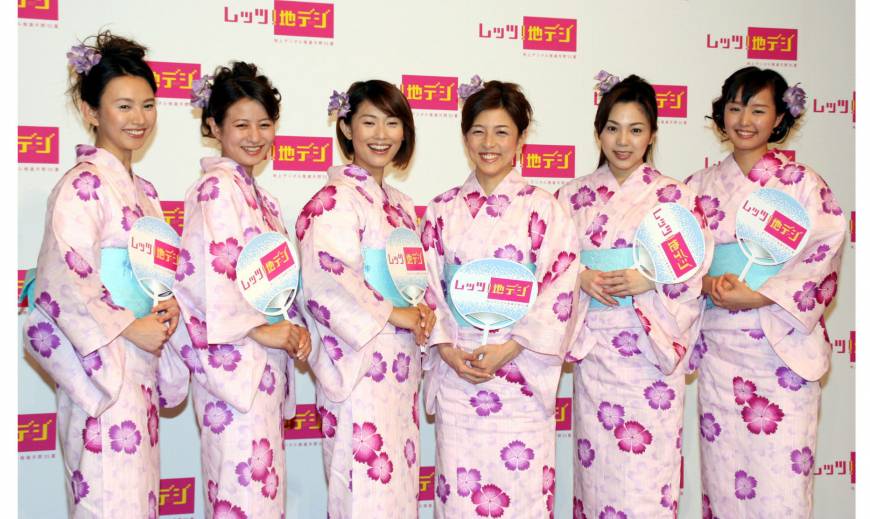“Strike.”
Dear reader, what do you think when you hear this word? What impression do you get? Do you see the blood, sweat and tears? Do you see an angry, vicious mob disturbing our civil society? I bet a majority of Japanese people under the age of 40 have neither a positive nor negative impression of strikes. They have no impression at all and no idea about what a strike is because strikes have become rarer in modern Japanese society. This, however, hasn’t always been the case.

